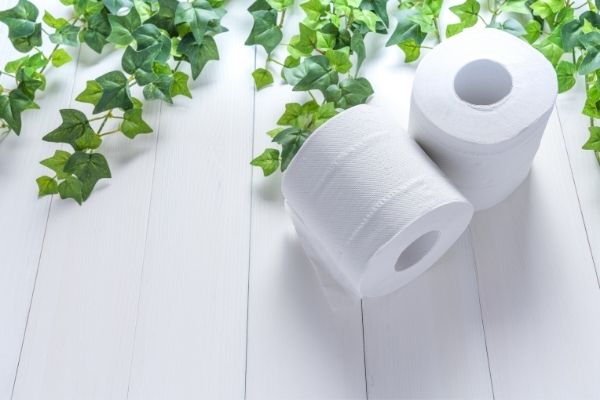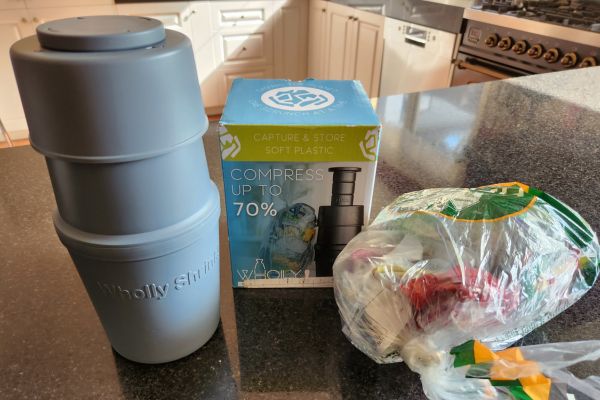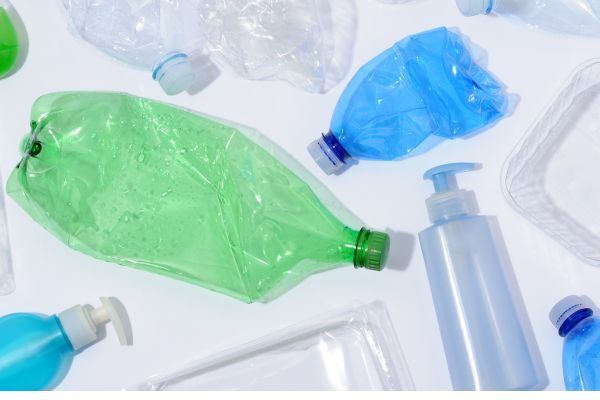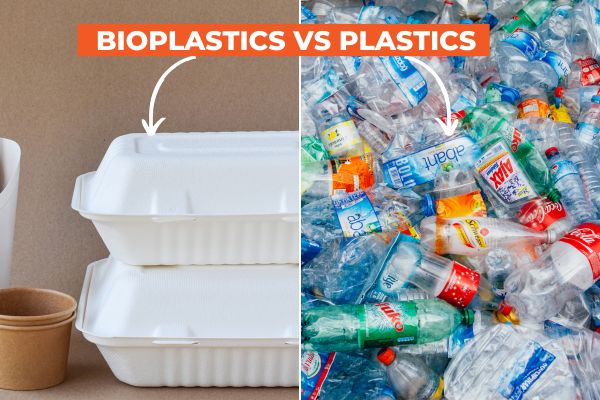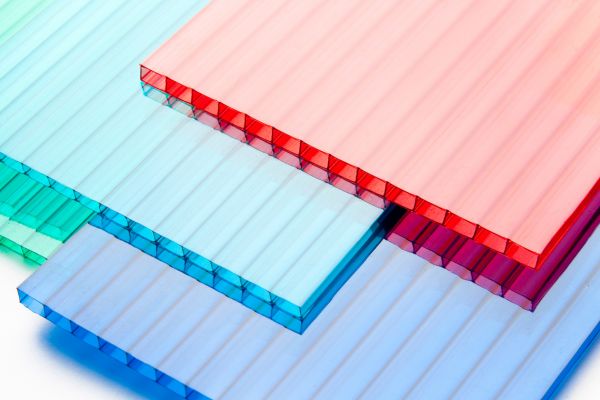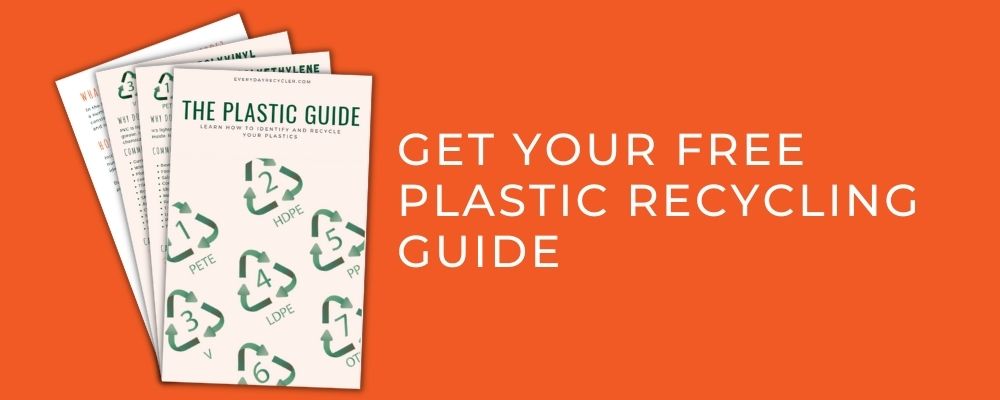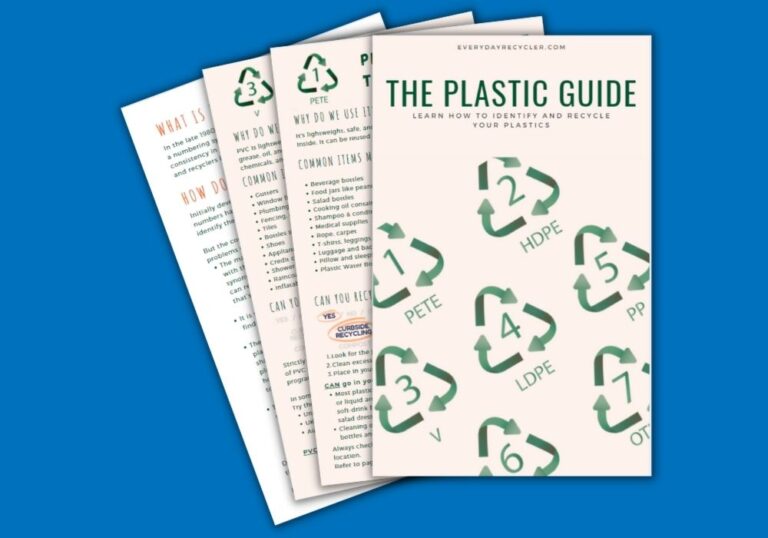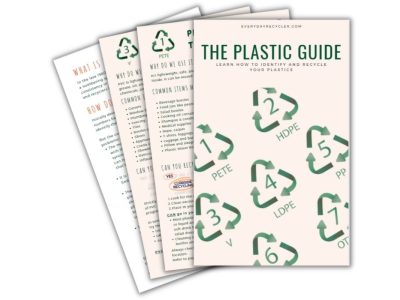I’m sure you have all been reading the news lately and seen all the headlines about the current waste crisis. It all seems pretty dismal, however, did you know you can help by buying recycled products today?
Reduce, reuse, recycle is a powerful mantra and one we strongly believe in here at Everyday Recycler. Our mission is to add another R to the list. The fourth step in the process is to Rebuy. Once we have done our best to reduce our usage, reuse items as much as possible, and send what cannot be reused to be recycled, the next step is to buy stuff made from our recycling.
If we buy products made from recycled material, we are closing the loop on our own cycle. Being an Everyday Recycler is not just about putting the right things into the recycling bin. It is about buying them back in their new form. The result, we reduce our impact on the environment while providing much-needed support to the recycling industry.
Quick Navigation
Why is Buying Recycled Products Important?
There has been a great deal of focus on recycling in recent times. There is a lot of information around, and we are all asking: What can I put in my recycling bin? What can be recycled? What can’t be recycled? Can I recycle my pizza box?
Another question we are asking is, what happens to my recycling? Or Does recycling really work?
The truth is the recycling industry could do with your help. As consumers, we have a lot of power, and we need to start using it. Buying products made from recycled materials will help to build a more sustainable industry around recycling.
It’s time for us to buy back our waste. We can all be part of the solution.
Not sure where to start?
Below, we will show you 5 simple everyday items made from recycled materials that you can easily switch to today, that is, of course, if you are not already using them.
1. Toilet Paper
I thought that recycled toilet paper was not worth listing here because it has been around for so long. However, I read an article the other day in The Guardian suggesting toilet paper is actually becoming less sustainable with companies using lower percentages of recycled content. It seems we all like a bit of luxury when it comes to the toilet.
The article reports we each use, on average, 127 rolls of toilet paper every year. That’s 22 billion rolls of toilet paper in Europe alone. That’s a lot of trees that do not need to be sacrificed for our comfort. Not to mention the water and chemicals involved in the process of making such soft white toilet paper.
So why not go green, or perhaps it’s more of an off-white color, and buy recycled toilet paper? We recommend Who Gives a Crap for those in the USA, Australia, and the UK. They provide a regular delivery service directly to your door and donate 50% of their profits to help build toilets and improve sanitation in the developing world.
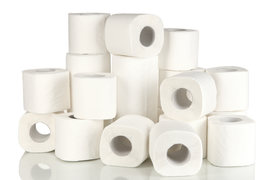
There are plenty of other brands if you prefer to pick up your paper while shopping. Like these ones from Seventh Generation: Just google it or ask your local supermarket what brands they have. If you can’t find a good brand, contact us, and we’ll see if we can help.
2. Tissues, Paper Towel and Napkins
The same can be said for tissues, paper towels, and napkins. There are plenty of options for recycled tissues and paper towels, so there is no need to cut down trees.
Tissues and paper towels are at the end of their life, so they cannot be recycled after use. This is because they are usually all clogged up with germs, food, or other gunky stuff. Also, their fibers are usually too short to be used again.
Who Gives a Crap also sells recycled tissues and paper towels for the kitchen.
Better still, why not swap your paper towel and tissues for microfibre cloths and traditional hankies that can be washed and reused over and over. They call them Unpaper Towels. Check them out.
TIP: Used tissues, paper towels, and napkins can all go into your compost, keeping them out of landfills.
3. Aluminium Foil
Making aluminum from bauxite ore takes a lot of energy. It is good to remember this the next time you tear off a strip of aluminum foil to cover your leftovers.
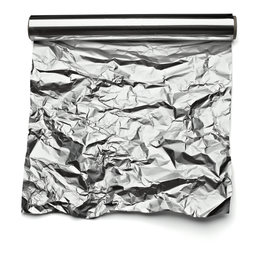
Whereas, recycling aluminum only uses 5% of the energy used to create the original aluminum and emits only 5% of the greenhouse gases according to the Australian Aluminium Council Ltd. The other benefit is that aluminum can be recycled over and over again without any loss of quality.
TIP: You can recycle your used aluminum foil along with your aluminum cans and other items. As long as it’s relatively clean and is rolled into a ball about the size of a cricket ball or baseball, depending on which country you are in.
Ultimately, using as little aluminum foil as possible is the best solution. These days, there are many alternative solutions for covering your food, such as wax wraps or recycled plastic containers. If you do still need to buy aluminum foil, then make sure you buy a recycled product.
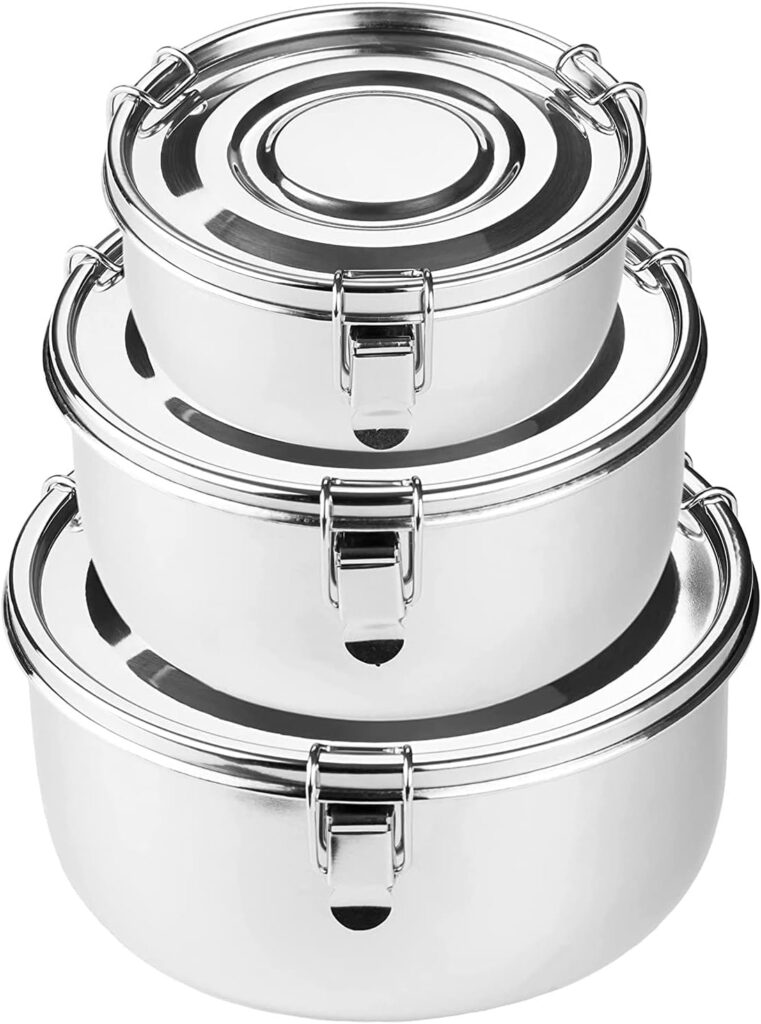
Other options are made of stainless steel or glass that can easily be recycled at the end of their life. One example is these stainless steel storage containers.
4. Reusable Produce Bags
Most places worldwide have banned plastic bags from supermarkets and other shops. However, many supermarkets still have single-use plastic bags for fruit and vegetable produce. Certainly, in Australia, this is the case. Why not get your hands on some reusable produce bags?
Many of these bags are made from recycled PET. By using these bags, not only will you reduce your use of single-use plastics but also help support the recycling industry.
While we’re talking about single-use plastics, why not check out how to recycle your soft plastics?
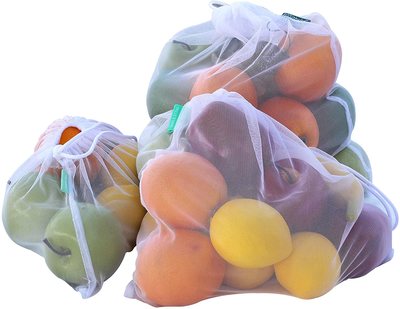
You can get them a set from the Zero Waste Store.
5. Kitchen Scrubbing Brush
Maybe not the first item you think of when you think of buying recycled products. It was recently time for us to get a replacement kitchen scrubbing brush. The one we have been using was made of some unknown plastic with no label mentioning what it was made of or if it could be recycled.
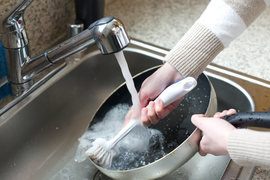
I replaced it with a Full Circle Recycled dish brush with a bamboo handle and replaceable brush heads. The brush heads are made from recycled plastic and can be recycled themselves. They are replaceable, so you can keep the bamboo handle and replace the head.
You can find the scrubbing brush and other great products from Full Circle.
As a scrubbing brush, it does the job, and it feels so much better knowing we can replace the heads when we are ready. I liked it so much that I bought one for the laundry as well.
Many other items in the kitchen can be replaced with recycled products. Check out our other posts on recycled products to see what else you can switch to next time you need to replace something.
So Why Not Start Buying Recycled Products Today?
That’s five simple things you can start buying today to reduce your impact on the world and start supporting the recycling industry.


